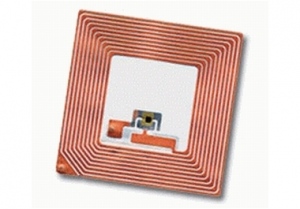
A New Use for RFID:
In the past RFID was used primarily in credit cards and RFID chips to identify a person or product. The new use is allowing companies to scan their products in conjunction with GPS and GMS to assure the best routes, truck temperatures, and tracking. This is also allowing companies to reduce lost product by tracking each palette via satellite. Though the technology isn’t new, it is however used in a new way.
Fresher Produce Delivery:
In the past companies would lose thousands of pounds of produce in transit. This is of course reduces the profits yearly. With the new technology, companies are now capable of monitoring trucks carrying produce to track temperature, distance, length of stops, and overall transit time.
This allows companies to keep a better eye on their produce and inform the driver of any changes or adjustments that need to be made during travel. For instance if the cooler in the truck is warmer than it should be, companies can inform their drivers to adjust the cooler temperature to reduce risk of spoiling produce or meat.
Benefits for Food Producers and Transport:
Yearly, an estimated 6% of food ends up in waste during transit. With changes in temperature and humidity affect produce in this way, constant monitoring of conditions is beneficial. Now adjustments, precautions, and route changes can be optimized during transit, assuring faster delivery, longer shelf life, and less waste. This also allows consumers fresher produce and meats, and less chance of illness from poisoning.
Though RFID, GPS, and GMS are not new technologies, they are being adapted to assist in more streamlined delivery of the produce we love. Companies are utilizing closer monitoring techniques to assure safer and quicker delivery no matter the distance. The future of logistics is adapting towards the technological and will continue to do so. The next mission for logistics is greener delivery options and technology will assist.
Patrick Johnson is a contributor offering advice on obtainingcommercial truck insurance for those looking for freelance truck driving jobs .